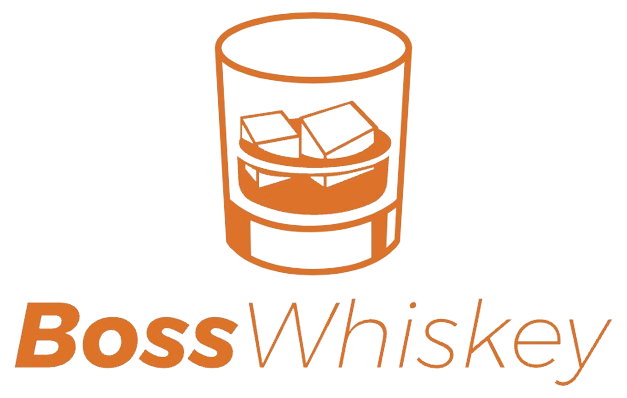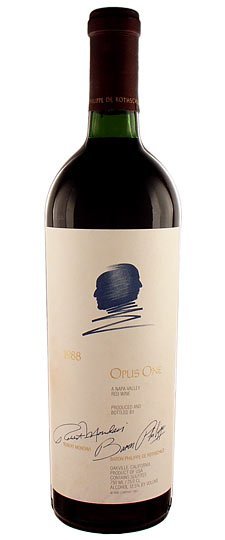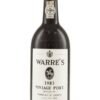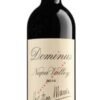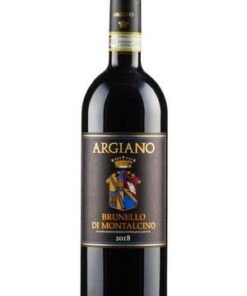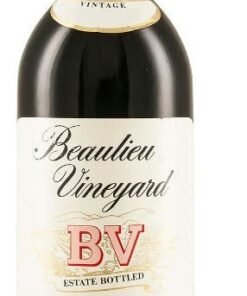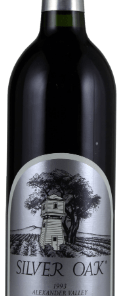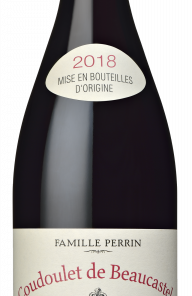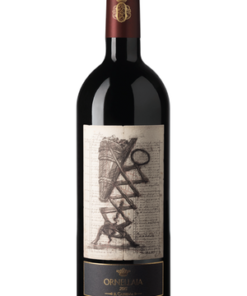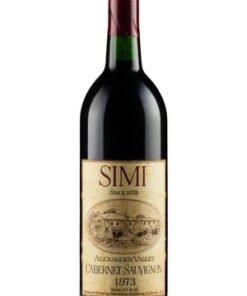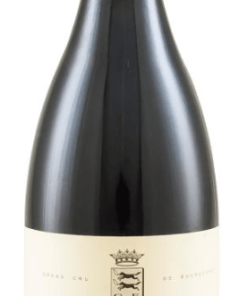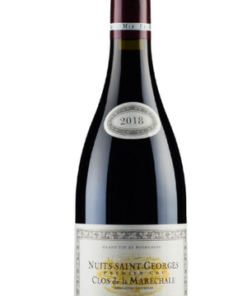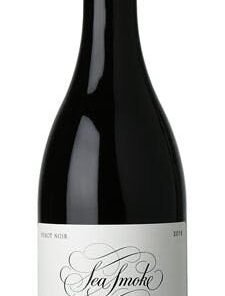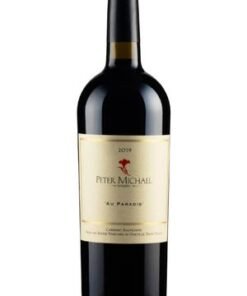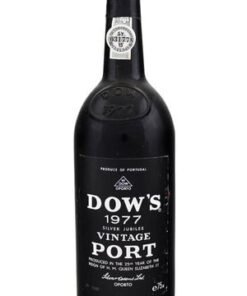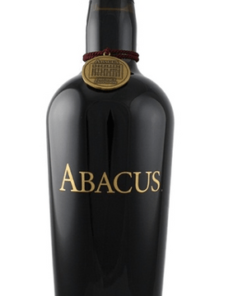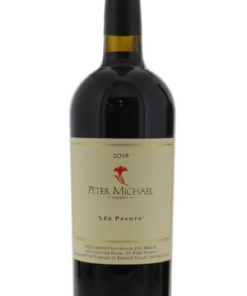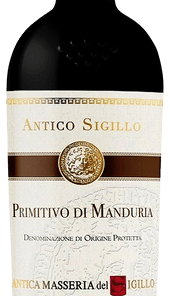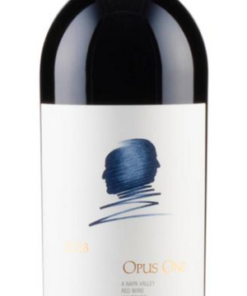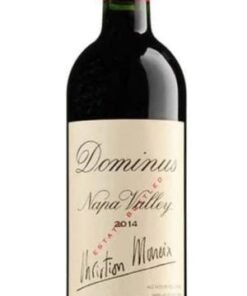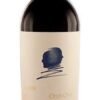Product
$999.99
Red Wine: 1988 | Opus One | Napa Valley
A layered, impeccably graceful wine, the 1988 Opus One is all about textural harmony and balance. Sweet, silky tannins wrap around the expressive fruit in a wine that stands out for its overall harmony. Dark plums, leather, tobacco and spices linger on the polished finish.
Order from the Largest & Most Trusted Premium Spirits Marketplace!
Featured in
ROLLING STONE
MEN’S JOURNAL
US WEEKLY
NOTICE: Many other small liquor store sites may end up cancelling your order due to the high demand, unavailability or inaccurate inventory counts. We have partnerships consisting of a large network of licensed retailers from within the United States, Europe and across the world ensuring orders are fulfilled.
Producer: Opus One
Ratings: WA | 91 D | 94
Vintage: 1988
Size: 750ml
ABV: 13.5%
Varietal: Bordeaux Blend Red
Country/Region: United States, California
